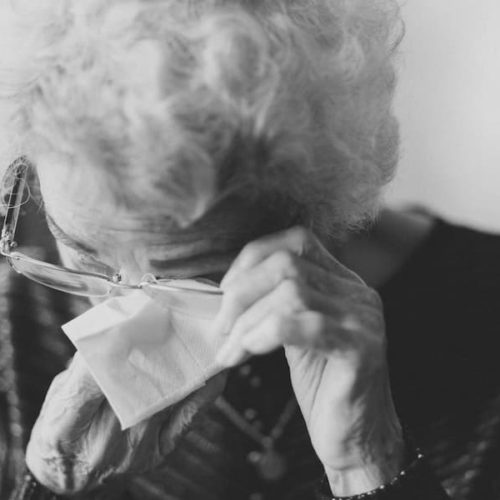Early Signs of Dementia
Donna Nichols • August 27, 2020
Here at Assisted Living Made Simple, we talk with many family members who are dealing with a loved one that has early signs of dementia and/or Alzheimers. Most of the time it is to help them find their loved one the perfect memory care community or share some caregiver resources.
Today we thought we would tackle the early signs of dementia with our readers.
Dementia is caused by damage to the brain cells, which interferes with the ability of the brain cells to communicate with each other.
When brain cells can’t connect together, thinking, behaviors, and feelings can be altered. The brain has many specific areas, each area controls different functions. When cells in a particular area are damaged, that area cannot carry out its actions as usual.
Different types of dementia identify with specific types of brain cell damage in the specific areas of the brain.
The area in the brain that deals with learning and memory is the hippocampus and is often the first area damaged.

That’s why memory loss is often one of the earliest symptoms of Alzheimer’s.
The hippocampus is responsible for a person’s spatial memory, which affects their ability to remember directions, locations, and orientations.
There is hope , most damage in the brain that causes dementia is permanent and gets worse over time, there has been success with those problems with treatment when caused by depression, alcohol abuse, thyroid issues, and vitamin deficiencies.
There are no specific signs of dementia, as they can vary greatly. Some of them include:
Many conditions start out slowly and progressively get worse.
Don’t ignore the signs, seek medical help right away if you or someone you know shows signs of dementia.
A doctor may determine you have a treatable condition, and even if it suggests dementia it enables you more time to make a plan.
Unfortunately, there is no specific test for dementia.
Doctors look at a person’s medical history, lab tests, perform a physical exam, and observe the changes in their thinking, day-to-day functions, and behaviors.
Most diagnosis of dementia are done with a high level of certainty, but the type of dementia is extremely hard to diagnose . You may have to see a specialist to determine the specific type of dementia you have.
A neurologist would be the best person to diagnose the type of dementia, but geriatric psychiatrists, neuropsychologists, and geriatricians may also be skilled in diagnosing the condition.
First of all, there is no cure for dementia or Alzheimer’s disease. Also, there is no treatment that can slow or stop its advancement.
However, there are drug treatments that may improve symptoms temporarily. There are many over-the-counter vitamins that may improve memory and help you focus. These along with prescribed medication may make dementia tolerable.
Finally, if you have a loved one that has Dementia or Alzheimers and you are looking for a Memory Care Home for them, please give us a call today at 386-847-2322! One of our compassionate Senior Advisors would love the opportunity to help you along on this journey.
800-345-7311
Fax: 386-200-5706
© 2025 All Rights Reserved | Assisted Living Made Simple | Terms of Use | Privacy Policy | Website Design by Hyport Digital